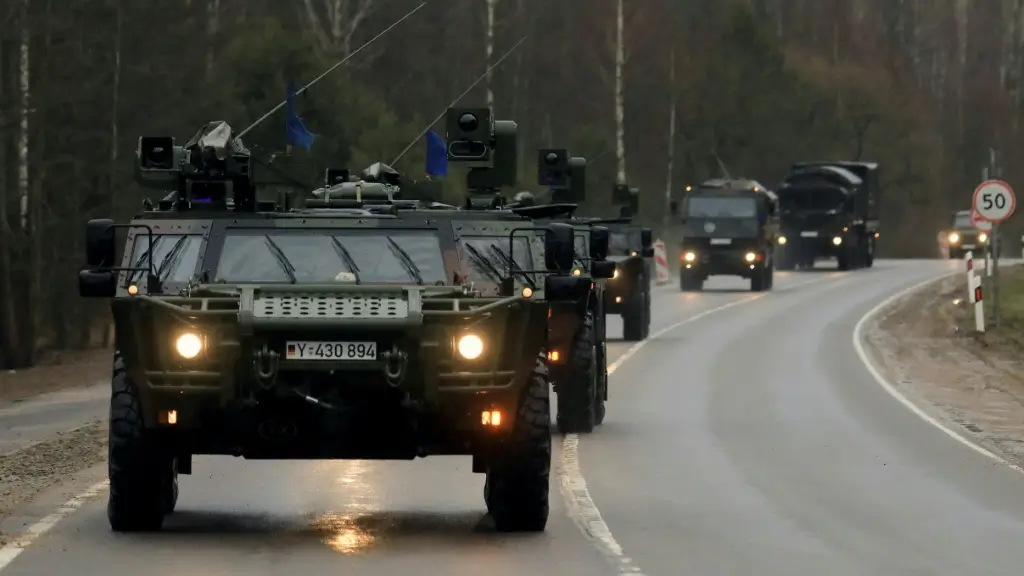
The German government has introduced a law to improve protection against drone overflights of Bundeswehr barracks and convoys. The law, which the Federal Cabinet passed on Wednesday, is intended to grant Bundeswehr military police more powers, including the ability to check suspects near barracks. The law also provides for increased powers for the Military Counterintelligence Service (MAD) and simplified security clearances for military personnel.
The ministry has long viewed drone flights over barracks as a growing problem. More decisive action is now being taken against this: The new law will allow anyone found near barracks or convoys, for example, holding a control device, to be inspected by Bundeswehr personnel on site. This is currently not permitted.
The Ministry of Defense announced that military police will now be able to "counter disruptions and dangers in advance." The law "thus creates, for example, a legal framework for taking action against illegal drone overflights."
The new law will also grant the MAD, the military intelligence service, more powers. In the future, it will be able to carry out its work wherever soldiers are deployed, not only on Bundeswehr premises, but also off-site. "This will protect our soldiers and their families even better than we have in the past," said Chancellor Friedrich Merz (CDU) on Wednesday.
The reason for this is the future stationing of approximately 5,000 soldiers with the Lithuania Brigade. During the foreign deployment in Afghanistan, for example, the MAD repeatedly encountered problems because it could only carry out its work in Bundeswehr accommodations and, outside of these, was dependent on the work of other intelligence agencies, such as the Federal Intelligence Service.
The law also provides for the acceleration of security clearances for soldiers recruited into the Bundeswehr. "The planned future constitutional loyalty check will be significantly accelerated through automated processing and will focus on proven screening criteria," the Ministry of Defense announced.
"This includes a query to the intelligence services, the Federal Central Register, and a thorough review of public sources – especially social media." This will "set the stage for the necessary rapid personnel expansion of the Bundeswehr."
So far, registers from police authorities and public prosecutors have also been used - but this has often made the proceedings lengthy, according to recent ministry sources.